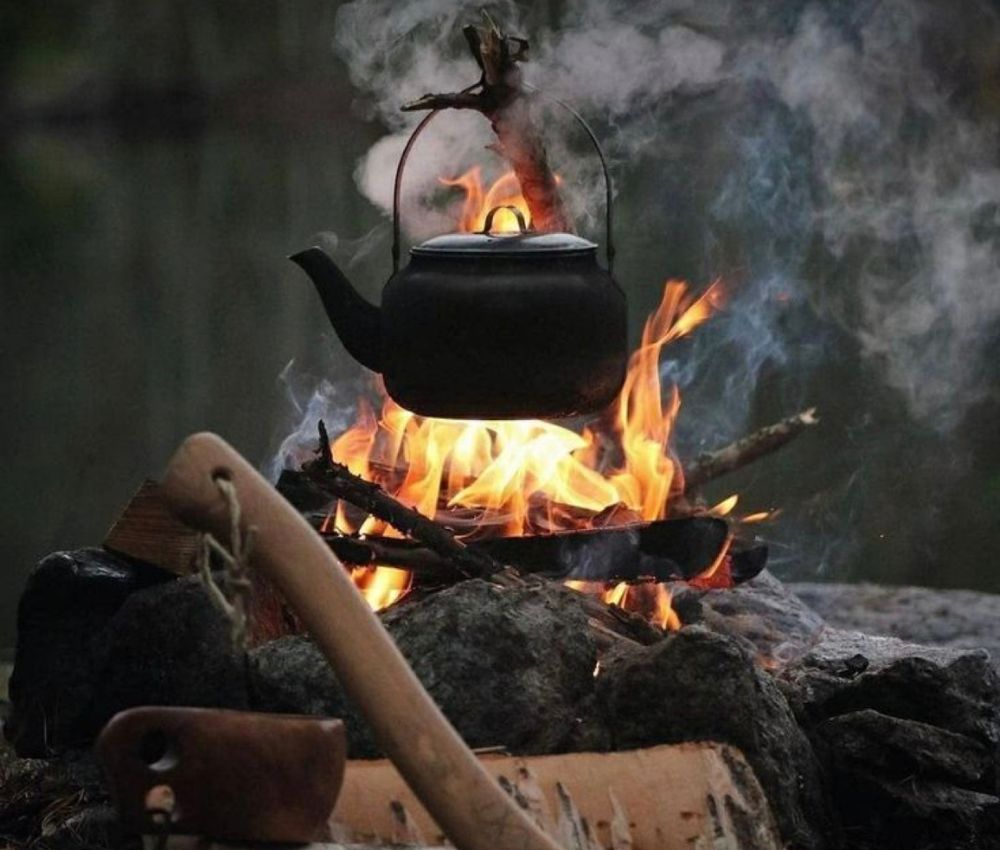Conflict, Connection, and Rethinking Evaluation

Conflict, Connection and Evaluation Concepts
Kia ora koutou katoa and happy Mahuru Māori. We hope you enjoyed your week and we look forward to hearing about your connections, activities, and stories around the month celebrating Māori language.
Last week’s online cuppa didn’t have a pre-set topic and we enjoyed unpacking the topic brought forward by one of our 100,000 Cups of Tea community members.
Facing Conflict and Difficult Situations
One of our regular cuppa guests kick started our kōrero-talanoa with a personal reflection of being in a situation where a dominant personality is making it difficult for the wider group to move forward. One of our Walk Together kaimahi asked, “how have you been handling that?”. This prompted the conversation to move towards how we may deal with confronting difficult situations like this. One of our participants had a helpful suggestion of being proactive and shared “it's one of those things like trying to create different spaces that have different energies in them”. Common actions that were discussed spanned from conflict resolution, to avoidance strategies and simply carrying on with a certain kaupapa despite interpersonal tension. One of our regular cuppa visitors expressed from their experience that, “it’s super tricky to navigate [these conflicts] especially when someone holds power and authority over resources”. Others in the group agreed with this point also.
Evaluation Processes and Reporting
From here, a different line of thought took shape towards the topic of project evaluation and reporting processes, as a few members of our group were in the middle of evaluation processes in their mahi-workspace. One participant observed that in their mahi at the moment, “it's all ethnographic research, interviewing people about how they got involved in a project and whatnot. That's all kind of technical stuff”.
Another cuppa member contributed their reflections of their own evaluative experience as a facilitator of a leadership programme, “[At the beginning of the programme] we gave out a survey. So they did that in their own time. So one was sort of qualitative. Then we asked participants evaluative questions in person, and we gave out another survey, so participants could give us some feedback and some feed forward, as in, what can we do to make this experience better for you? So I look forward to going through that and tailoring the next term to their needs”.
Another participant who is involved in the same evaluation report reflected on their experience and shared with the group, “what I think I appreciated is the questions were “what” [questions]. What about the programme has supported you? What have the shifts been? What have you tried, and what's been the impact of those” So we got all of the rich stories and things that people have been putting into implementation straight away”.
Re-thinking the Meaning of Evaluation
One of our Walk Together kaimahi offered reflection on the word evaluation and pondered whether that word is fitting for this waypoint check-in at the 10 week mark of our 40 week programme. They commented, “maybe we could come up with another word for evaluation, because I feel like evaluation is very final. I was thinking, you know, like with our tenses in English for example, I would say it's a present continuous word that is needed, as in something that is ongoing…because it's it's not the end, and the journey is always continuing on, even after the the year that we're with them”.
The whole framing and meaning of evaluation didn’t sit well with others in the group either as one of our participants expressed similar sentiments, “I don't have a name for it, but I'm just resonating with the energy that it doesn't have to be a ‘time box’. It doesn't have to be an event. It can be an open process to kind of continually improve. So thinking then, you know, in the industrial models of continuous improvement”.
Another person added their thoughts on this point, “I wouldn't even use that word.
So I was thinking, well, we use impact assessment, but that might not work [either]”. Our group acknowledged that evaluation often implies a book-end to a project or programme and yet, the learnings from that evaluation report are crucial to ongoing improvement and how we carry our relationships with those involved. This cuppa kōrero-talanoa was constantly moving and morphing and unpacking systems we take for granted, and that’s what we love about meeting with our community each week.
If you have anything in particular that you’d like us to yarn about next Friday, please let us know.
We look forward to seeing you here with us today at 11am. Follow the Link to register.
Mauriora e te iwi.

